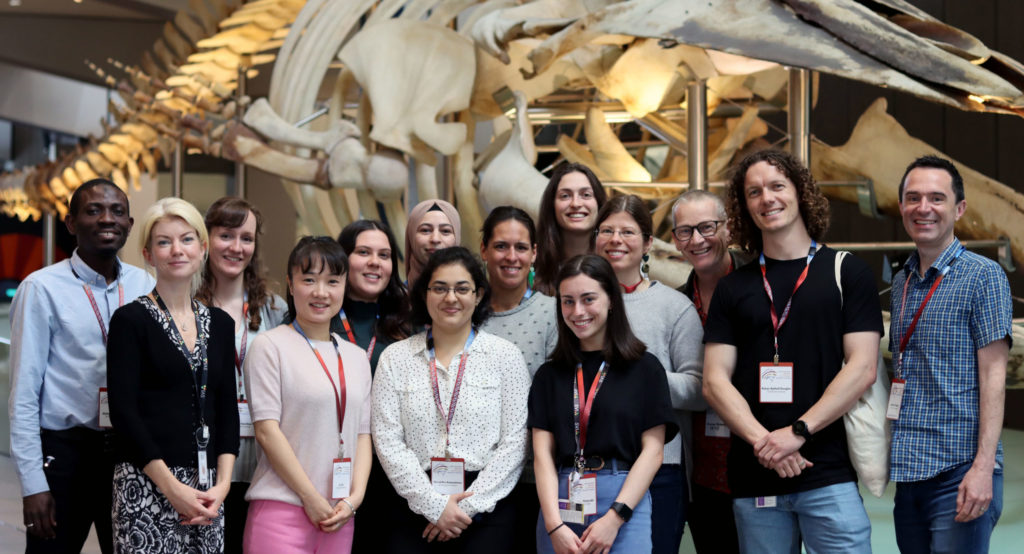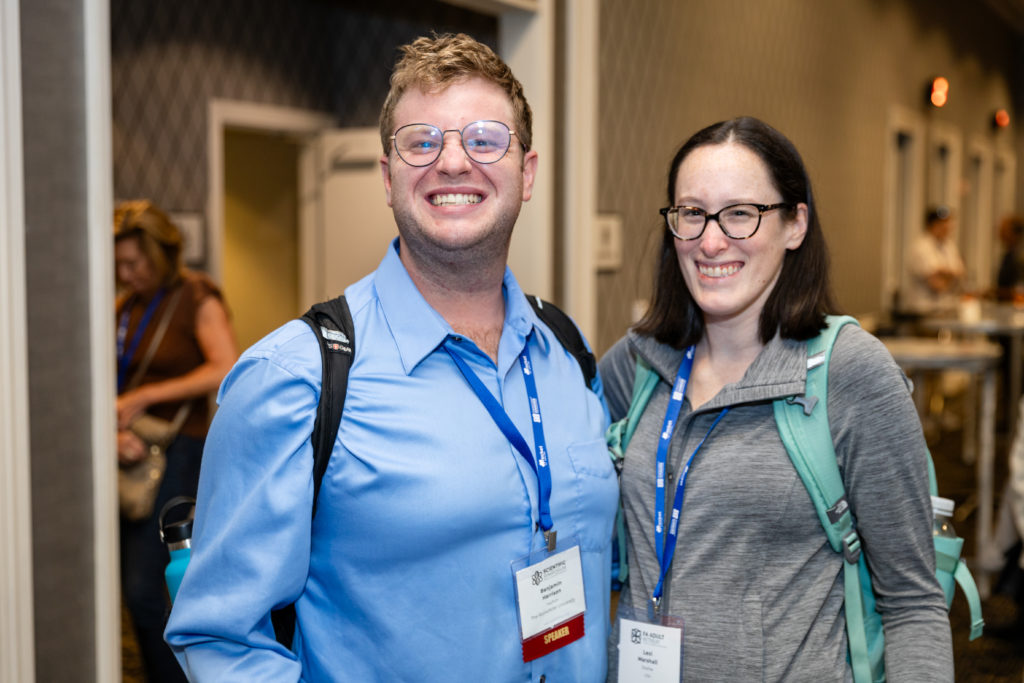Sibling relationships can be the longest, strongest and at times the most complex relationships in a family. During the formative years, siblings share life’s journey and all it brings. What is it like to be the sibling of someone with Fanconi anemia? How is life as a sibling influenced by FA?
Being a sibling of a child with FA is a lifelong role. What is understood, and how siblings cope will vary. Siblings’ knowledge about FA is determined by their stage of development, the family’s explanations of FA, the context of their sibling’s current FA treatment, educational materials available to them, communication with professionals, contact with other families, attendance at FA family meetings, information found on the internet, things which are overheard, etc.
Common themes voiced in FA sibling groups
- Worries about siblings with FA and parents
- Pride about their sibling’s endurance and capability
- Confusion, concern, sadness about FA and its future course
- Understanding the genetics of FA
- Resentment of the attention that sibling gets
- Guilt about feeling resentment
- Guilt that they do not have FA
- Feeling left out, isolated
- Assuming additional household and caretaker responsibilities
As siblings talk in groups, you hear their emotional responses: “I have too much anxiety to be so far away.” There is a focus on the present: “Right now she’s healthy and I think it’s better to live in the now,” and a subtle alluding to the future cancer risk, “We all wear sunscreen to encourage her to wear sunscreen.”
When you listen to siblings along developmental lines you begin to see a continuum of responses. At first, “I thought it (FA) was a passing thing, that it was good she had this and not cancer. I didn’t realize this was something that would last her whole life.” Then, “It gets scarier as you get older. When you’re young, parents seem so calm and they have it together. When you’re older, you see through that. You see more how they really feel…” and finally, “You know more about the outcomes and you can think about it in a different way.”
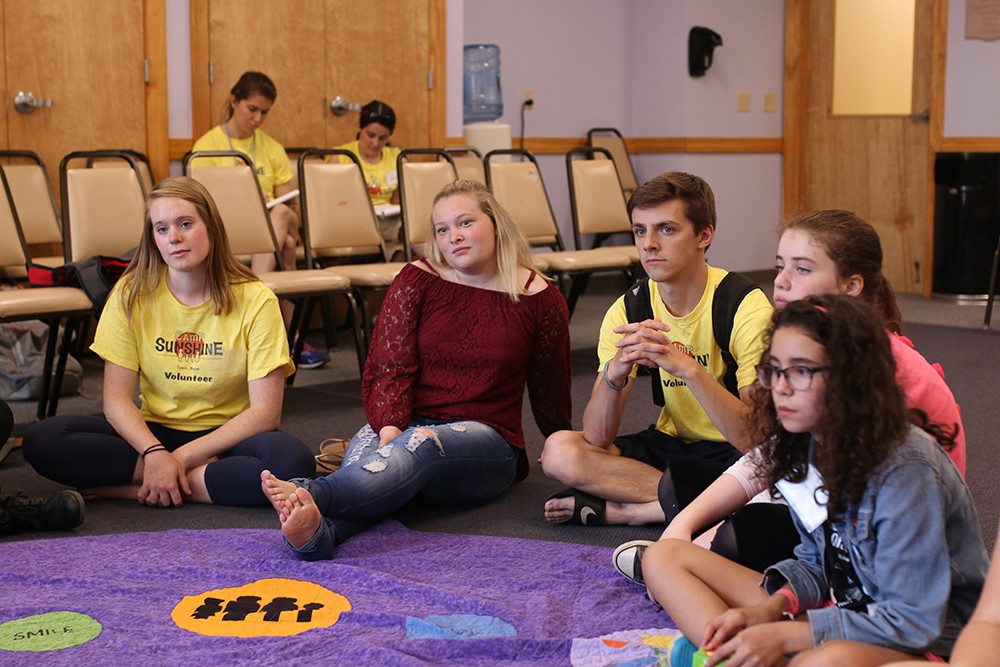
Bone marrow transplantation
When a child has a bone marrow transplant, the fabric of daily life is changed, forcing a degree of instability (which may also provoke independence and growth). There are other losses that may seem invisible: a parent no longer walking a child to school, reading a bedtime story or helping with homework.
As an FA sibling, you are a potential donor for transplant. There are personal, physical, and emotional responses to donation. And there can be disappointment if you are not a match: “Wasn’t a match. It’s weird to know that I’m nothing, and I want to help, but I can’t.” And then there is how the transplant looks through the sibling’s eyes: “It was weird looking at my brother; he looked totally different than the last time I saw him. He had no hair.” And then there are positive memories: “The only thing I remember was going into my sister’s room and pressing the button to start the transplant…”
Siblings of all ages need
- to be understood, and to be understanding
- to feel as important and cared about as their siblings with FA
- to feel that things are fair (not necessarily equal)
- to be part of the FA family dialogue
- to have a version of “family time”
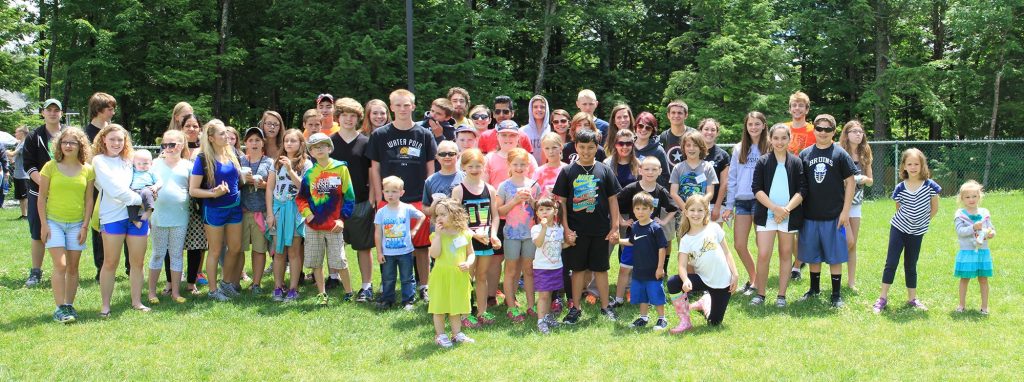
Communication
I have heard siblings tell me that parents should ask them how they are doing; they do not want to burden them, but they feel that it is their parent’s job to check in on them. Not talking about issues between parents and children takes two parties; children acclimate to what they are exposed to:
“I saw my mom crying about it and I thought asking her questions might make it worse.”
“You need to watch for the right time to ask questions and not just ask it as soon as it pops into your head. It’s a waiting game.”
Sibling groups, locally and at the FA family meetings, are helpful experiences, as they provide support and minimize sibling feelings of isolation. Sibling comments from a recent support group included: “It’s easier to talk to people in a similar situation as you.” “It makes you feel not so crazy when things get messy.” “It’s kind of a waiting game [for sibling to get a bone marrow transplant] … an uncertainty. It was an added layer of ‘what if’ to my life when I left for college.”
Developmental and emotional considerations
Siblings should be educated about FA in an ongoing way, having explanations grow as they grow. Children of all ages should be afforded the opportunity to talk and allow time for dialogue. Address their medical questions. Prepare them for what is happening; things left to the imagination can be more frightening than reality. Help them anticipate changes in their sibling’s medical status and explain new issues as they arise. Appreciate the challenges of leaving for college, of pursuing their own goals.
Issues such as carrier status become very important to siblings on their life journey, and they benefit from ongoing support and dialogue about this issue. Families can benefit from focusing on activities and experiences that promote growth and encourage resilience. Develop family rituals in the context of FA and current treatment regimens, i.e., transfusions, pill-taking, procedures. Create family memories: memorable moments which encourage family cohesion that have nothing to do with FA. Set aside special time alone with siblings, regardless of how limited the time (grocery shopping, getting ice cream, playing a game). Let them know how much you care about them. Support and reinforce siblings’ importance in the family.
Family-focused activities and activities with siblings
In one group when asked for one word to describe being a sibling of someone with FA, the responses were: hardship, hope, hurricane, patience, unusual, inspiration, strength, challenging, stressful, faith, control, growth, appreciation, family, and different.
Coping as a sibling is a marathon, and the terrain changes over the course of time. Afford siblings a voice and hear what they have to say.
Nancy Cincotta is the Psychosocial Director of Camp Sunshine, a retreat for families of children with life-threatening illnesses in Casco, Maine. She has extensive expertise working with children with life-threatening illnesses and their families. She has worked with bereaved parents and children in individual and family work, in groups, and in a retreat format. Nancy has been a source of support and counsel to individuals with FA and their families for more than 30 years.
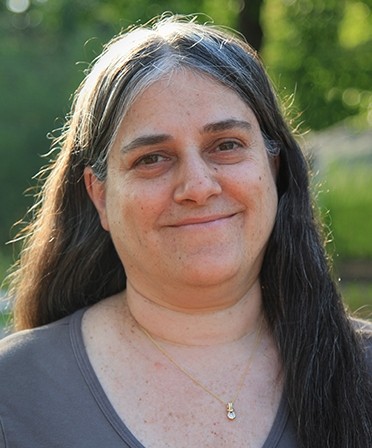
Nancy Cincotta, Pyschosocial Director at Camp Sunshine


